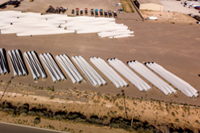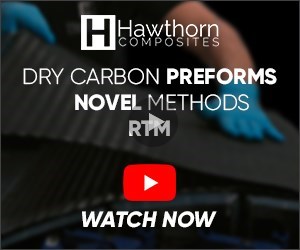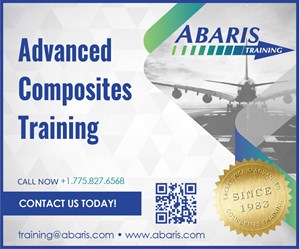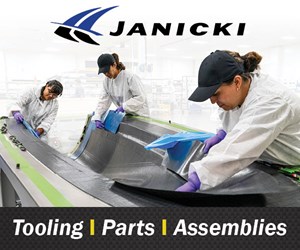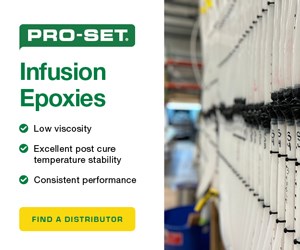Airborne participates in three technology development projects for new mobility solutions
Airborne will develop new digital and automated composites manufacturing technologies to advance maturation of UAM, civil aviation and automotive projects.

Photo Credit: Getty Images
Airborne (The Hague, Netherlands) is participating in three technology development projects which are selected to receive grants from the Dutch “R&D Mobility Fund” to develop new automated and digital composites manufacturing technologies for the application of advanced materials and electrification in mobility. In total, eight projects have been selected from the 26 that submitted a proposal. The projects are as follows:
Thermoplastics for a Sustainable Aviation
- This consortium, led by GKN Fokker (GKN Aerospace, Redditch, U.K.), will develop new thermoplastic primary structures, with a special focus on urban air mobility (UAM). Airborne will develop the digital and automated manufacturing technologies to manufacture such structures, based on its automated preforming technology to manufacture tailored blank laminates. New technologies will be developed, for example to manufacture 3D structures, and the technologies will be tested and qualified.
Liquid H2 Tank for Civil Aviation
- This is a consortium led by Toray Advanced Composites (Nijverdal, Netherlands) which will work on developing the technologies for future hydrogen (H2) storage tanks for long-range aircraft. The H2 will be stored at cryogenic temperatures which poses challenges to the materials to be used and the design of the tank structure. Thermoplastic composites are well suited for this because of the high toughness of the materials. Airborne will develop technologies for the manufacturing of the tank structure and will also work manufacturing concepts for non-cylindrical tanks.
Green Transport Delta — Electrification
- This project, led by VDL Nedcar (Born, Netherlands), looks at many technologies that are needed for the electrification of the whole mobility sector, ranging from passenger cars to trucks and buses. The assembly of such batteries is complex and many different designs are being evaluated. One of the results will be a flexible battery assembly line; Airborne will use its “Automated Programming” technology to create an adaptable manufacturing line that can adjust on the fly without the need of reprogramming. Airborne will also work on lightweight battery structures using composites.
According to Airborne, all of these projects aim to make mobility more sustainable by lightweighting and increasing performance of the vehicles, improving their range and reducing waste during manufacture.
Related Content
-
Novel dry tape for liquid molded composites
MTorres seeks to enable next-gen aircraft and open new markets for composites with low-cost, high-permeability tapes and versatile, high-speed production lines.
-
Materials & Processes: Resin matrices for composites
The matrix binds the fiber reinforcement, gives the composite component its shape and determines its surface quality. A composite matrix may be a polymer, ceramic, metal or carbon. Here’s a guide to selection.
-
Infinite Composites: Type V tanks for space, hydrogen, automotive and more
After a decade of proving its linerless, weight-saving composite tanks with NASA and more than 30 aerospace companies, this CryoSphere pioneer is scaling for growth in commercial space and sustainable transportation on Earth.







